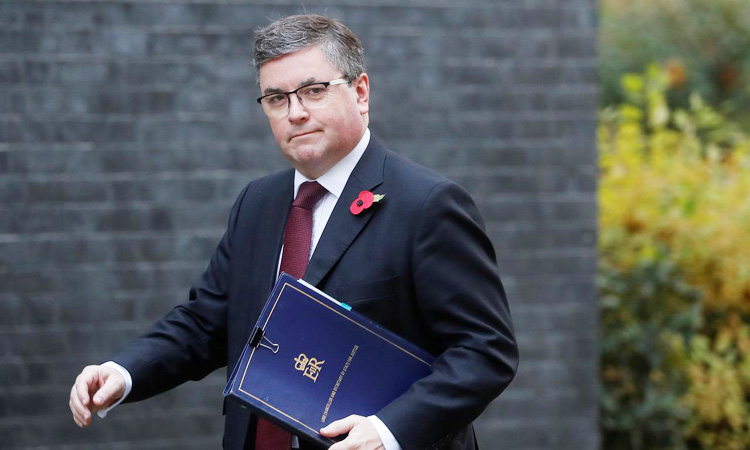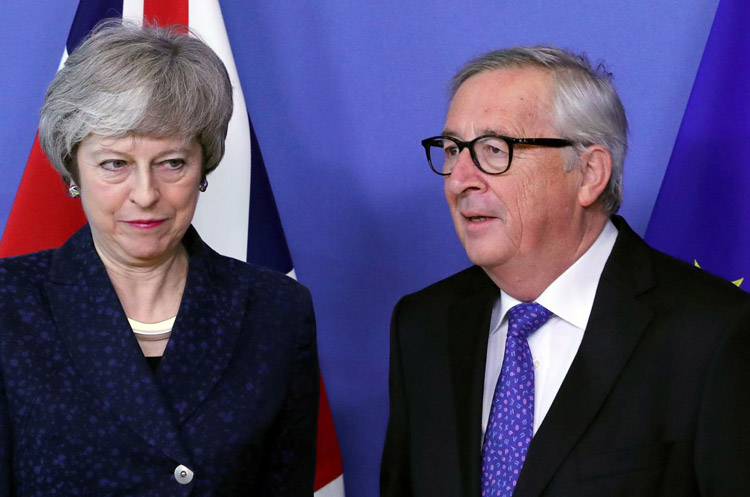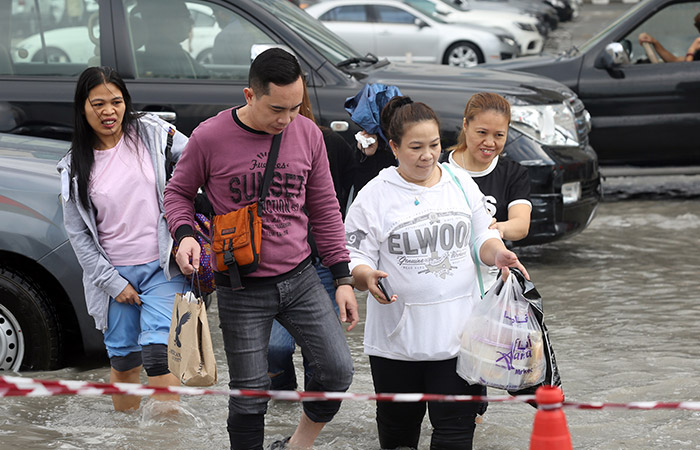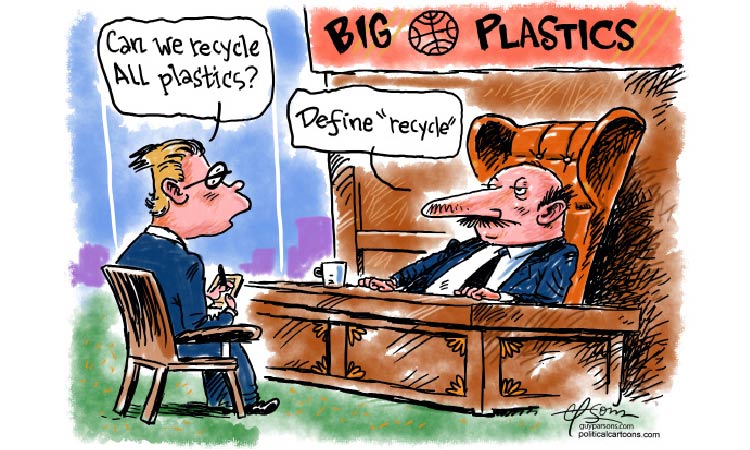Charities like Oxfam need a culture change
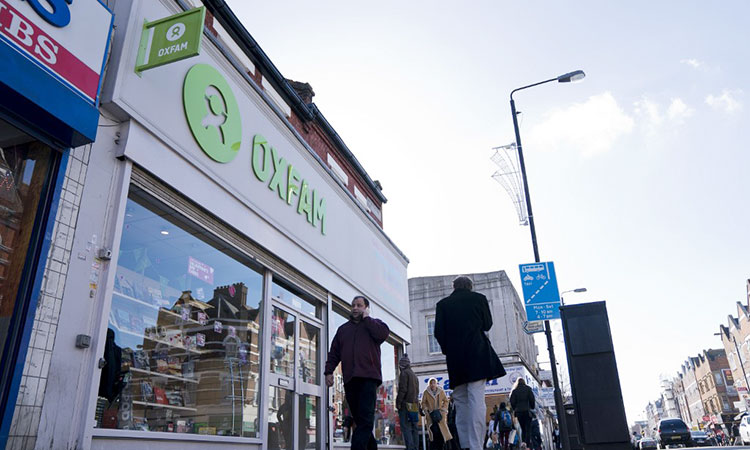
People walk past a high street branch of an Oxfam charity shop in south London. AFP
We’re facing a critical moment in history. Our politics are deeply divided, inequality and insecurity is rising, and the planet is burning. States and markets are failing us. We need a vocal and effective civil society more than ever before. But if organisations like Oxfam are to fulfill our potential we need to change fundamentally.
The root cause of Oxfam’s appalling safeguarding failures in Haiti lay not only in faulty procedures and policies, but in an institutional culture that privileged and protected certain people and practices. The changes we need to make are both systemic and cultural.
Too often, we have prioritised what we do over how we do it. Just because we – and others like us – are working to “do good” doesn’t mean we’re exempt from causing harm. Saving some lives cannot be an excuse for damaging others. We need to ensure that our work is carried out in a way that is always consistent with the core values we espouse.
Our role in civil society isn’t only to speak truth to power; it’s also to shift power. Across our country today, people feel unheard, ignored, frustrated. They feel that the balance of power is too heavily weighted in favour of an elite, whether that’s the 26 people who own as much as the poorest half of the planet or the powerful few who make our decisions for us.
But it’s not enough to point the finger at others. If we want to see power in our society redistributed, then we, as civil society, need to consciously model that change. It is all too easy for power imbalances to become entrenched in our own organisations. We need to take power off its pedestal and turn it into something more accessible and collaborative.
Part of that involves ensuring that our primary accountability is not to donors or governments, but to the people, communities and causes we exist to serve. We must be ready to be held to account ourselves, to be open and transparent about our practices and our mistakes, to listen and to embrace change.
Around the world, many societies are deeply divided: along racial and class lines, between urban and rural, young and old and, in the UK, between Remainers and Leavers. Unless NGOs can connect people across these widening divides – unless we can rediscover the art of building deep, meaningful connections – our efforts to drive social change will be thwarted. Connections are the lifeblood of our work, but as large NGOs have become more corporate and more brand-focused, we’ve also become more disconnected. We need to be more humble, more interactive and more people-centred.
Trust is civil society’s core currency, the essential foundation of everything we do. But it’s slipping away from us. If we’re to restore trust, an unswerving, authentic commitment to our core values will be critical. We need to be honest about our failures and ready to acknowledge the role of others in our success. Even when those in power fund our work, we need to be ready to challenge them.
And we also need to repay trust. We need to trust people, communities and other civil society groups to provide valuable insights, to make decisions, to own and control assets, to run projects. Trust must be something we live out in the way we work and the decisions we make.
That’s why in the next few months, we’ll be opening Oxfam up to consult with our supporters, partners and the public as we plot our strategic plan for the next 10 years. We cannot and should not take people’s money and expect them to keep their views to themselves.
I’m convinced that we’re standing on the brink of a participation revolution. All over the world, we’re seeing citizens organising and mobilising in new, creative ways to defend civic freedoms, to fight for social justice and equality and to push back against populism.
In the fight against the root causes of inequality and poverty, civil society needs to rediscover its role as constructive disruptor, and we must do what we can to make this the century of the citizen.
